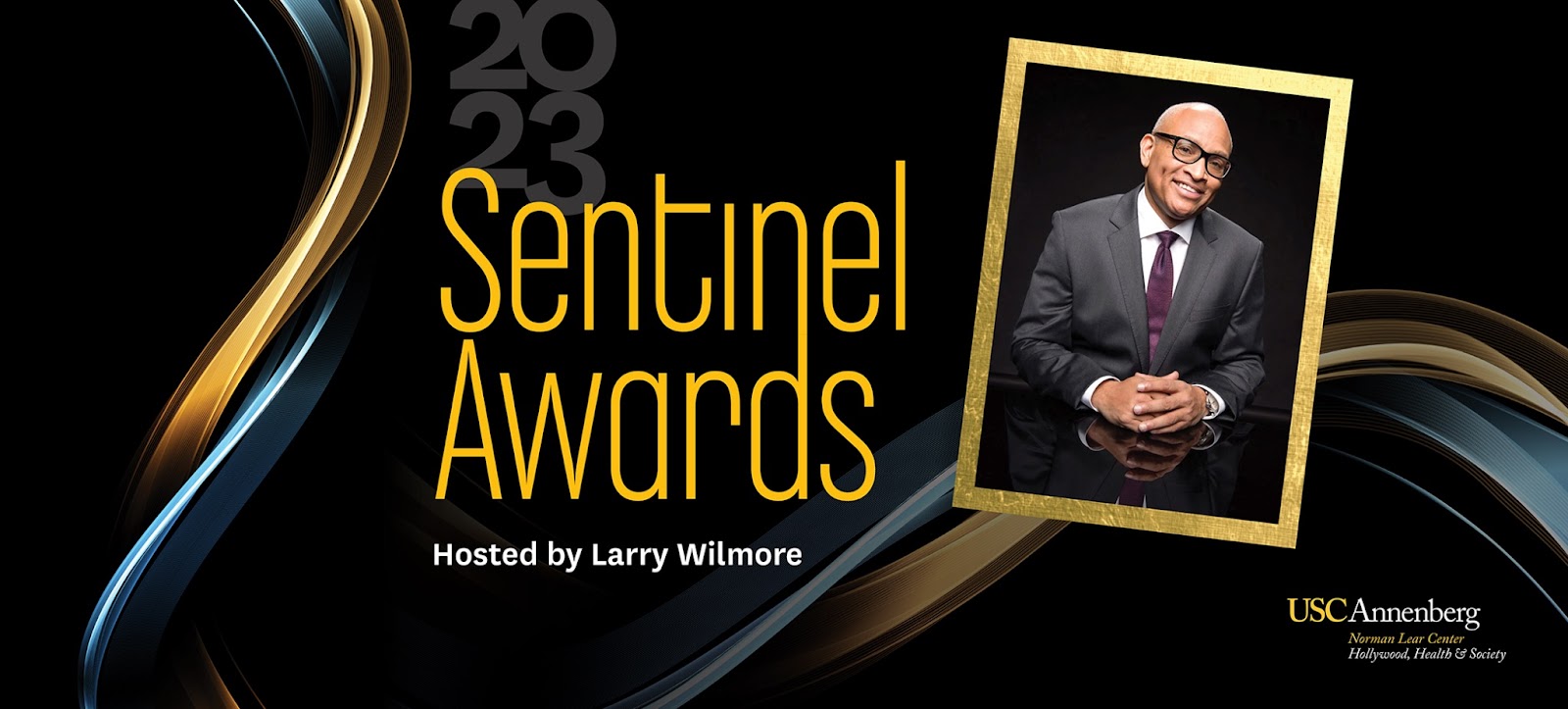Cultivating observations and thoughts on life and art...books, theater, movies, concerts, and popular culture.
SIGN UP
Tuesday, February 20, 2024
With positive results of the pilot program, the CDC requested proposals to expand the program with a partner organization. After a competitive review process, USC Annenberg's Norman Lear Center was selected. What better place and what better name to increase outreach and provide experts to TV writers? Norman Lear was the pioneer of complex and controversial issues in popular TV shows he created. All In the Family featured Archie Bunker, a jovial bigot who shed light on racism and prejudice, The Jeffersons featured an upwardly mobile black couple to showcase a successful black lifestyle, and Maude addressed abortion as an emotional, personal issue. All used humor as the teaspoon of sugar to entertain audiences while presenting real people with real life issues. It was Norman's persistence with the networks and his willingness to fight for what he believed in that made these shows possible.
The aura of Norman Lear cast a glow far beyond TV. He was a generous philanthropist who contributed to organizations and causes he believed in. The Norman Lear Center at the USC Annenberg School was established "for the study of entertainment, media and society." Its mission is to "prove that media matters, (and) to improve the quality of media to serve the public good."
As fate would have it, my husband and I left Atlanta in 2000 for his new job in the San Diego area. We were eager to return to California and our growing family, but in 2001, when CDC announced USC would expand the Entertainment Education pilot project, I found myself driving to Los Angeles to jump start the program. Little did I know I would stay for six years!
It was an honor and a privilege to create Hollywood, Health and Society at the Norman Lear Center with Marty Kaplan's leadership. During my tenure, we hired staff, conducted and published research, and developed outreach to the entertainment industry with support from four health agencies, nonprofit organizations, and the Gates Foundation, which got a green light before I left the program. Through a fortuitous partnership with the Writers Guild of America, we formed a board of directors with health care and entertainment representatives, and produced expert panels for writers several times a year at the WGAw.
 |
| WGAw, Lear Center and HH&S staff |
Today, the program continues to flourish beyond my wildest dreams, with a user friendly, beautifully designed website, and new partners, staff, and critical topics, i.e. climate change, sustainability, racism in health care, the plastic crisis, impact of war, older adults, and so much more. It gives me enormous pride to witness how HH&S remains a highly relevant program with ever expanding potential to inform TV audiences about all the changes and challenges we face in our world today. BRAVO to Marty Kaplan, Kate Folb, and all the staff at USC and CDC who've shepherded HH&S through the years. This is another success story that Norman Lear made possible.
 |
| Marty Kaplan, Larry Wilmore and Kate Folb 2023 Sentinel for Health Awards |
The start of 2024 promises more on the horizon, but it's been a bittersweet few months for those who worked with, respected, and admired Norman Lear. His passing in December leaves a gigantic legacy, especially for Lear Center staff committed to fostering and perpetuating it. First and foremost, Norman was a man of principles. He had vision, brilliance, and energy, and made a difference in our culture, especially in how we view and judge each other. He truly believed in the power of TV and humor to inform people about tough topics, and would want all of us to keep on laughing, and HH&S to keep on growing, as his wife Lyn Lear said in her remarks after he passed.
Despite his largesse, there was a singular, small conversation with him many years ago that I treasure. Talking to Norman, whom I saw once a year at the holiday party, was like talking to a neighbor I saw infrequently. I certainly knew his professional accomplishments, but I was more interested in hearing his personal story. At a young age, he lived on Blue Hills Avenue in Hartford where my former husband also lived as a young boy. He was a radio engineer on airplanes in WWII, a veteran like my dad, who served as a Marine on battleships in the South Pacific. They were born the same year, in 1922. And Norman once had a business in Middletown, CT where I lived as a young mom with two children and a husband who also owned a business. It was a few moments of friendly conversation -- making simple, everyday connections with Norman.
Of course, my work at the Norman Lear Center was the biggest connection, which we both knew. And I am grateful. But most important, I remember Norman Lear as a man who had a vision to make the world a more just and fair place through television. For that, we can all be grateful, and hopefully, we can all contribute to his vision in our own way.




No comments:
Post a Comment